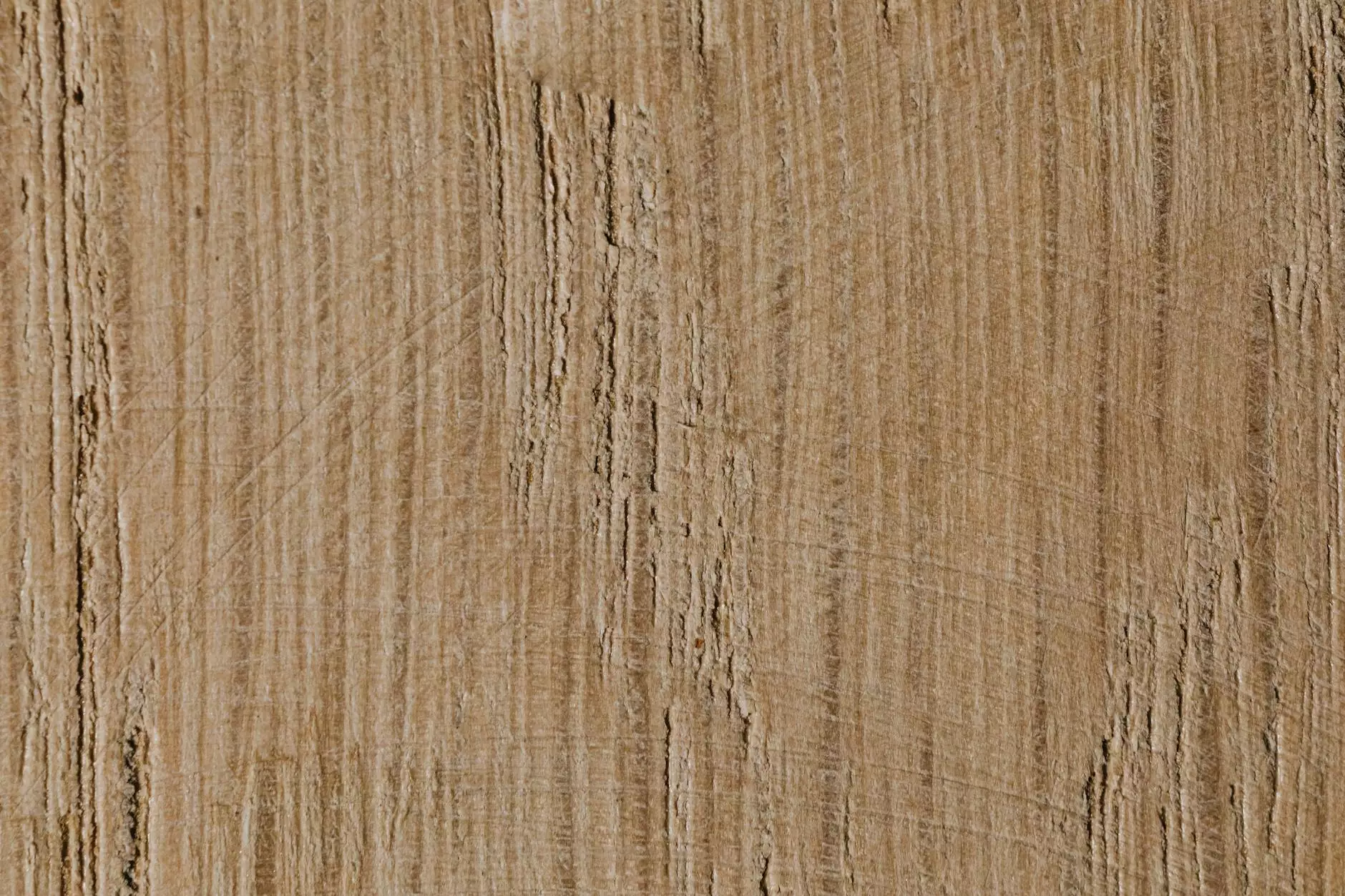Transform Your Smile with Teeth Veneers: A Comprehensive Guide

The pursuit of the perfect smile often leads individuals to explore various cosmetic dentistry options. Among these, teeth veneers have gained immense popularity for their ability to transform smiles with minimal invasiveness. In this in-depth article, we will delve into what teeth veneers are, the types available, their benefits, the procedure to get them, and much more. This guide aims to provide you with all the information needed to make an informed decision regarding your dental aesthetics.
What Are Teeth Veneers?
Teeth veneers are thin shells of porcelain or composite resin that are custom-made to fit over the front surface of your teeth. They are designed to enhance the appearance of your teeth while providing protection and strength. Veneers are a popular solution for a variety of dental concerns, including:
- Chips or cracks in the teeth
- Pigmentation or discoloration
- Irregularities in tooth shape or size
- Gaps between teeth
- Minor misalignment issues
Types of Teeth Veneers
There are primarily two types of teeth veneers commonly used in cosmetic dentistry:
1. Porcelain Veneers
Porcelain veneers are crafted from high-quality ceramic materials that closely mimic the look and feel of natural teeth. Their translucency allows them to reflect light in a natural way, offering a stunning aesthetic. Some benefits include:
- Durability: Porcelain veneers can last 10-15 years with proper care.
- Stain Resistance: They resist staining better than natural teeth.
- Natural Appearance: They closely resemble natural tooth enamel.
2. Composite Resin Veneers
*Composite resin veneers* are made from a tooth-colored resin material that can be sculpted onto the teeth. They tend to be more affordable but may not last as long as porcelain. Some advantages include:
- Cost-Effective: Generally less expensive than porcelain options.
- Easier Repairs: If damaged, they can often be repaired in one visit.
- Less Tooth Reduction Needed: They require less enamel removal compared to porcelain veneers.
Benefits of Choosing Teeth Veneers
Deciding to invest in teeth veneers can lead to various benefits that enhance both your smile and your confidence.
1. Enhanced Aesthetic Appeal
Veneers are designed to give you a radiant, flawless smile. They can brighten your smile and improve the overall symmetry, leading to a more youthful appearance.
2. Minimal Tooth Preparation
Getting veneers typically involves less tooth reduction compared to crowns. This keeps more of your natural tooth structure intact, which is advantageous for long-term dental health.
3. Versatility
Whether you have stains, gaps, or misshapen teeth, veneers can address multiple issues in one go, making them a versatile solution for many cosmetic concerns.
4. Stain Resistance
This is particularly true for porcelain veneers, which resist coffee, tea, and other stains that can affect your natural teeth. With proper care, your veneers maintain their brightness for years.
The Process of Getting Teeth Veneers
The journey to achieving your ideal smile with teeth veneers typically involves several steps, which are carefully performed by a cosmetic dentist.
1. Initial Consultation
During your initial visit, your dentist will evaluate your dental health, discuss your aesthetic goals, and determine if veneers are the right solution for you. They may also take x-rays and impressions of your teeth.
2. Treatment Planning
Once you’ve decided to proceed, your dentist will take precise measurements and discuss options such as the type of veneers and the preferred shade. This planning phase is essential to ensure a perfect fit and look.
3. Tooth Preparation
To prepare your teeth for veneers, a small amount of enamel is typically removed, usually around 0.5 mm. This step is crucial for ensuring that the veneers fit seamlessly with your natural teeth.
4. Custom Fabrication
After preparation, impressions of your teeth are sent to a dental lab where your customized veneers are crafted. This process usually takes a couple of weeks.
5. Placement of Veneers
Once your veneers are ready, a follow-up appointment is scheduled for placement. Your dentist will check for fit and color before bonding them with a special adhesive. Any necessary adjustments can also be made during this visit.
6. Follow-Up Care
After the procedure, it’s essential to stick to a good oral hygiene routine, including regular dental checkups, to maintain your veneers and overall dental health.
Aftercare and Longevity of Teeth Veneers
Taking care of your teeth veneers is crucial for prolonging their life. Here are some aftercare tips to ensure they last as long as possible:
- Maintain Good Oral Hygiene: Brush and floss daily, and use a non-abrasive toothpaste to protect your veneers.
- Avoid Hard Foods: Chewing on hard items (like ice or hard candy) can chip your veneers.
- Wear a Mouthguard: If you grind your teeth at night, talk to your dentist about a custom mouthguard to protect your veneers.
- Regular Dental Visits: Schedule routine cleanings and checkups to monitor your oral health and your veneers.
Cost Considerations for Teeth Veneers
The cost of teeth veneers can vary significantly based on various factors such as location, the dentist's experience, and the type of veneers chosen. On average, porcelain veneers range from $900 to $2,500 per tooth, while composite veneers can cost between $250 and $1,500 per tooth. It’s crucial to discuss financing options and check if your insurance covers part of the procedure.
Conclusion
Teeth veneers offer an excellent solution for anyone seeking to enhance their smile. With a combination of longevity, natural appearance, and minimal invasiveness, they stand out as one of the best options in cosmetic dentistry. If you're considering improving your dental aesthetics, consult a qualified cosmetic dentist to explore the potential of veneers.
Transform your smile and boost your confidence with teeth veneers—the beautiful, long-lasting solution to achieving the smile you have always wanted!









